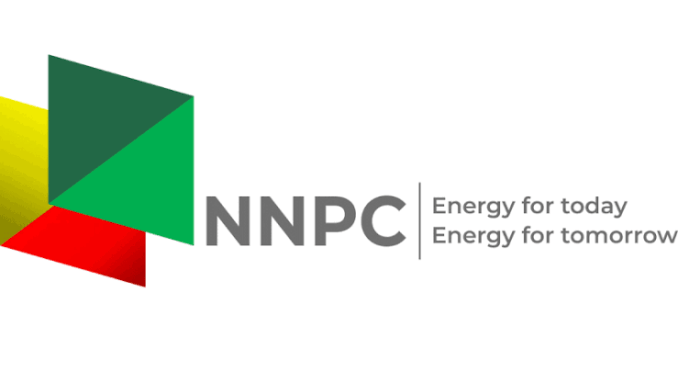
The Nigerian National Petroleum Company Limited (NNPCL) has increased the price of Premium Motor Spirit (petrol) once again, raising the pump price to ₦1,030 per liter in Abuja and ₦998 in Lagos.
This marks the second price hike in just a few weeks, with the previous increase bringing the cost to ₦897 per liter.
The main reason for the price surge is the full implementation of the Petroleum Industry Act (PIA) and the complete removal of the fuel subsidy.
According to petroleum marketers, NNPCL is no longer acting as an intermediary for fuel sales but is now purchasing directly from suppliers, including the Dangote Refinery.
As a result, the pricing of petrol is determined by market forces, reflecting global crude oil prices and the operational costs of refineries.
Chinedu Ukadike, spokesperson for the Independent Petroleum Marketers Association of Nigeria (IPMAN), explained that the latest increase follows NNPCL’s adoption of a new pricing template aligned with the deregulation policy.
With the subsidy removal, NNPCL’s petrol price is dictated by supply and demand dynamics, a significant shift from the era when the government subsidized fuel prices to make petrol more affordable for Nigerians.
The removal of subsidies means that NNPCL, like other marketers, must buy at prevailing market rates, often influenced by the cost of crude oil and refining processes.
The Dangote Refinery, which has become a major supplier, has reportedly adjusted its price to ₦977 per liter, further contributing to the overall rise in pump prices.
However, this new system has created challenges, as the final ex-depot prices from both NNPCL and Dangote Refinery have not yet been officially released, leaving marketers uncertain about where to source their products and at what cost.
Despite this uncertainty, many industry experts believe the price hike is inevitable as Nigeria transitions to a fully deregulated oil and gas market.
While the government has been promoting the use of Compressed Natural Gas (CNG) as a cheaper alternative to petrol, the price increase is expected to strain the wallets of Nigerians already grappling with high inflation and a sluggish economy.
The policy shift, though intended to reduce government expenditure on subsidies and attract investment in the energy sector, has met with public concern over its impact on the cost of living.
This latest hike highlights the complexities of deregulation in the energy sector, indicating market realities affecting the price Nigerians pat for petrol.











